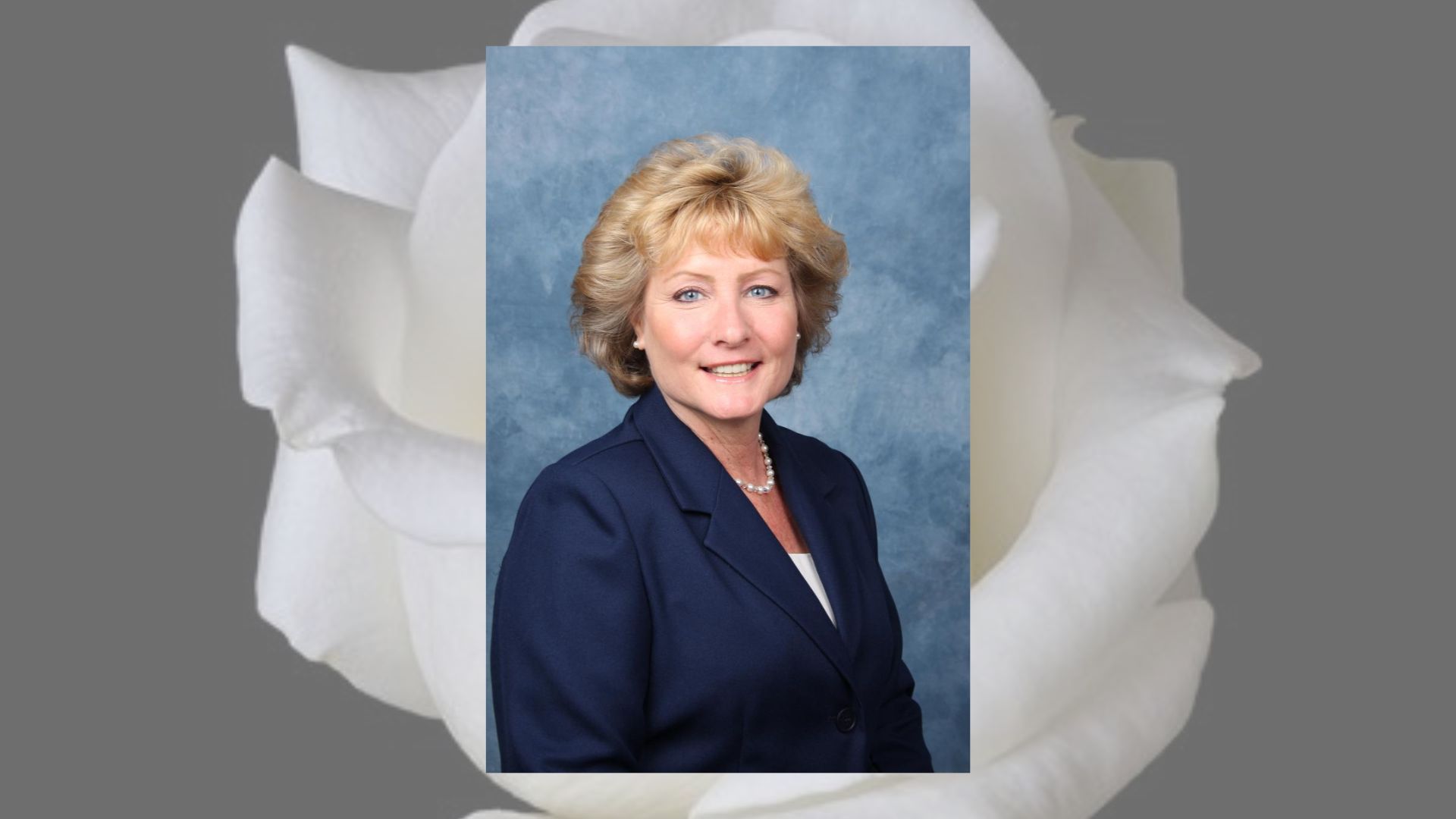Today it’s hard to imagine a newspaper headline, “Santa Clara City Council Has Explosive Session” referring to the Santa Clara City Library. But in the late 1930s, library politics was merely another front in the tug-of-war between defenders of the status quo and those with a more progressive civic vision.
Today Santa Clarans are justifiably proud of their award-winning city library, but this wasn’t always true. The first proposal to fund a public library in Santa Clara in 1902 was defeated by voters – 222 to 196. It would be 57 years before Santa Clara finally passed a bond measure to build a library.
In 1903 Franklin Hichborn, Shelby Dodson, and William Beattie succeeded in opening Santa Clara’s first public library in two rented rooms. Beattie served as chief librarian for the princely salary of $20 a month. When Beattie stepped down the following year, Town Trustees appointed Santa Clara native Mary Mulhall to replace him.
“Miss Mulhall,” as she was always called, was a young lady of little learning and much moral rigor. Equipped with all the erudition of an eighth grade education, Miss Mulhall took as her guiding light library board chairman J.G. Robinson; a pharmacist, who, according to his 1914 obituary, “barred from the shelves of the public library all morally objectionable literature, performing a public service of inestimable value.”
Once elevated to the lofty position of City Librarian, Miss Mulhall displayed what can only be described as hostility to the mission of a public library as it has generally been understood in the United States.
After 25 years of Miss Mulhall’s stewardship, Santa Clara’s library had no catalog and no reference collection. Most of the books were damaged and library use hit all-time lows. Of the library’s 4,000 volumes, almost 1,000 novels were kept out of circulation because Miss Mulhall considered them immoral – a judgment made after reading each one in its entirety.
Zealous as she was about keeping “The Scarlet Letter” out of the hands of impressionable adults, Miss Mulhall rose to virtuosity in stifling the solitary vice of reading among children, who were not even allowed to have library cards. Once asked why the library didn’t have Frank L. Baum’s Oz series, she replied that children liked them too much and wore them out – so the library didn’t purchase them.
But opposition to the Mulhall Library Captivity was festering under Santa Clara’s placid surface.
The library “issue” took center stage in 1937, when progressive mayor Robert Rogers launched a modernization effort. Two members of the library board’s old guard responded by resigning, claiming Rogers “fired” them. Rogers denied the charge, reported the June 11, 1937 Santa Clara News, retorting that these members opposed his plan to bring new blood to the institution.
The reconstituted board contracted with the County library system for a professional library staff, paid for by the WPA. Beryl Hoskins, a San Jose State graduate who later became a reference librarian at Santa Clara University, was appointed Miss Mulhall’s “assistant.” Hoskins cataloged the collection, started the children’s story hour, and oversaw an extensive book-repair effort.
But Miss Mulhall would prove more tenacious than opponents realized.
In May 1939 the tempest-in-the-library was still roiling, and the San Jose Evening News wrote the memorable headline above. Clarence Castro was Mayor now, and charged that the WPA had unjustifiably “displaced Librarian Mulhall from the administration of her office.”
Castro nominated new members to the library board – the same ones that had resigned in protest against Mayor Rogers. Trustees William P. Kiely and James R. Bacigalupi voted against the re-appointments, but they lost that vote. The county librarians were sent packing. Miss Mulhall resumed her former glory.
It would be four years before Santa Clara’s then-new mandatory retirement law automatically “retired” Miss Mulhall. Only then did the city hire a professional librarian, Nell Curtis – one of the former WPA clerks who had been part of Mayor Rogers’ reform attempt.
Local History Librarian Mary Hanel contributed to this story. For more city history that you can’t find on the Internet, visit the Heritage Pavilion of the Central City Library.





